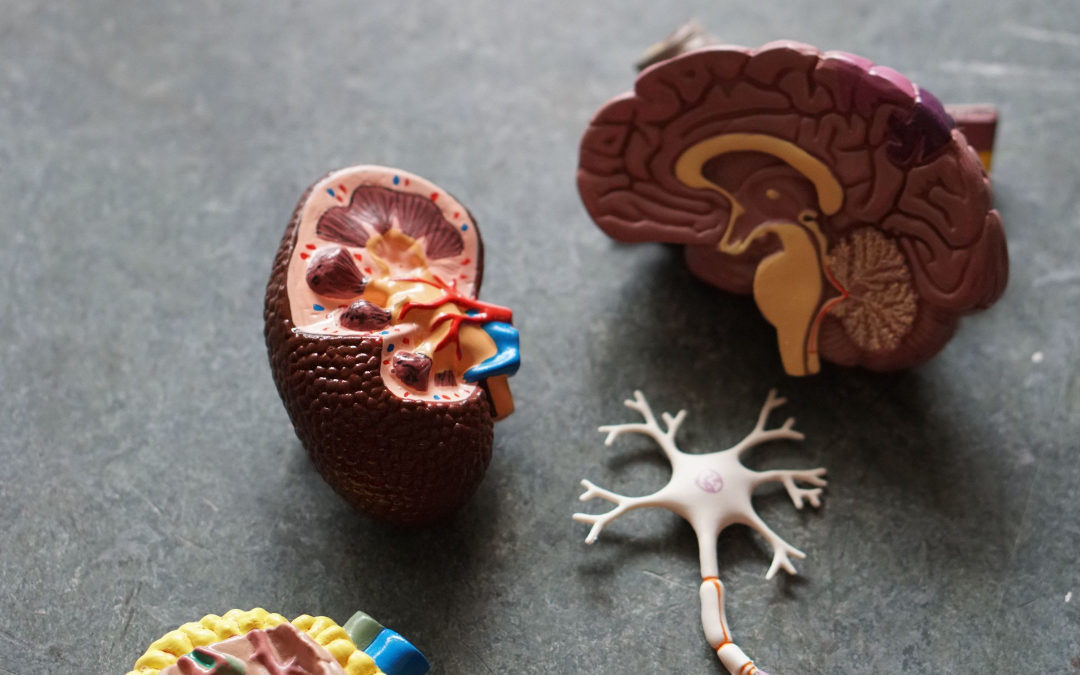In understanding the interaction between the aging process and the breakdown of essential proteins that keep our bodies healthy and youthful, it is helpful to review the interconnectedness of our brains, bodies, and critical protein production. The klotho-choroid plexus interaction in aging has a direct effect on our overall health as older adults.
The Choroid Plexus
The choroid plexus is a specialized tissue containing a circuitry of capillaries located in the pia mater of the brain. It connects the cerebral cortex and spinal cord to the rest of the brain regions except the cerebral aqueduct and the occipital horn of the lateral ventricles.
The complex network tissue of the choroid plexus serves several functions, such as:
- Producing cerebrospinal fluid
- Acting as a boundary that separates blood from cerebrospinal fluid
- Producing significant amounts of klotho protein
- Secreting growth factors that control the stem cell pool
- Promoting brain development
- Serving as protection from harmful toxins and microbes
Klotho Protein
This essential anti-aging protein is produced mainly by the kidney but also the choroid plexus. It exists in high levels in the kidneys, regulating vitamin D metabolism, phosphate, and calcium. It presents in lesser amounts in the bone, bone marrow, heart, spleen, and liver. In studies, the results varied according to mouse type: wild mouse or transgenic a-Klotho (KITG) mouse.
Klotho is not only associated with lifespan. A klotho deficiency links to these age-related illnesses and diseases:
- Coronary artery disease
- Osteoporosis
- Stroke
- Chronic kidney disease
- Cancer
- Salt-sensitive hypertension
Klotho-Choroid Plexus Interaction and Age
Scientific testing on lab mice found that aging lowers klotho levels in the choroid plexus and the hippocampus areas of the brain. It is not precisely clear how the aging event decreases klotho levels. However, it is notable that there was no age-related intermuscular lipid increase, which contradicts the reports of muscle condition in older mice.
The Effects of Aging on Klotho Levels
Findings in scientific studies suggest that klotho levels may control physiological or other adverse effects such as cardiotoxicity. On the other hand, it appears that the klotho protein increases lifespan with elevated levels of fibroblast growth factor 23 (FGF23) activation and signaling.
Interconnectedness
The klotho-choroid plexus interaction and age-related decrease in klotho levels may correlate with increased levels of inflammation. Therefore, this aging weakened protection system may hold the key to the cause of inflammation-related changes in the brain (neuroinflammation), major organs, impairments, and cognitive decline. The interconnectedness of our brains, bodies, and critical protein production is life.

